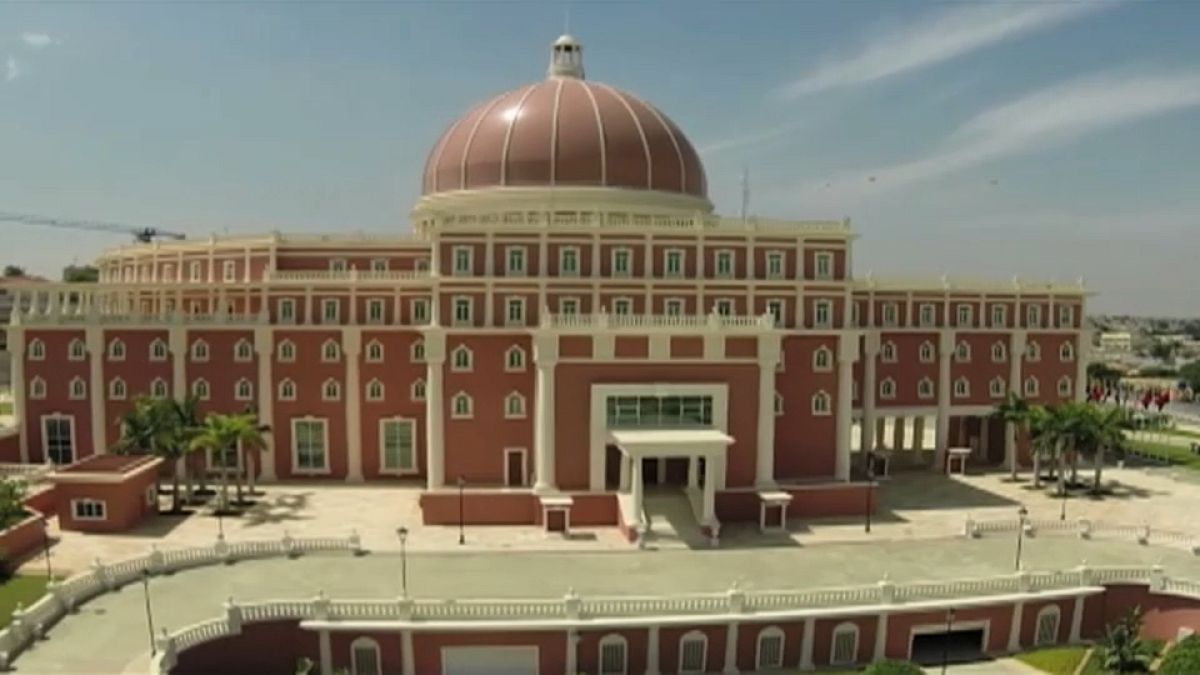Long-term leader dos Santos to step down after Angola holds general election on August 23
For the first time in almost forty years Angola will have a new president – only the third person to lead independent Angola after Agostinho Neto and José Eduardo dos Santos.
Both men were from the same party – MPLA. Now rivals UNITA are hoping to take the reins.
But whoever wins, a new face will mean change.
In the race for the country’s top job, more than 9 million registered voters will choose between candidates from six parties – UNITA, the APN, PRS, the MPLA, FNLA, and CASA-CE.
The favorite to win the presidency is Minister of Defense João Lourenço, candidate of the ruling MPLA, and anointed successor of Eduardo dos Santos.
Isaías Samakuva, represents the second largest party, UNITA. Like MPLA, UNITA was born from the struggle against Portuguese colonialism. The two parties fought a bitter civil war that lasted for more than 25 years – finally coming to an end in 2002.
UNITA dissident Abel Chivukuvuku is the candidate for CASA-CE – the third largest parliamentary force. CASA-CE are hoping to become the largest opposition party and might stand a chance – one recent poll puts them in second place.
Since Angola’s first elections in 1992, the country has voted twice: Once in 2008, to consolidate the end of the decades-long civil war; and again in 2012, to ratify a new constitution.
Just a few days ahead of the 2017 vote, Angola’s main opposition parties, UNITA and CASA-CE, slammed the National Electoral Commission, questioning the body’s integrity and political independence. Opposition parties have also accused the media of unfair coverage.
A shock poll released in the run-up to the election showed a big drop in support for MPLA. While the poll put the party in first place with 38%, MPLA no longer had a majority. This would mean that MPLA would retain the presidency but lose power over parliament.
Later polls have put MPLA’s margin of victory much higher.
The European Union will be sending a small election monitoring team to oversee the August 23 vote.
